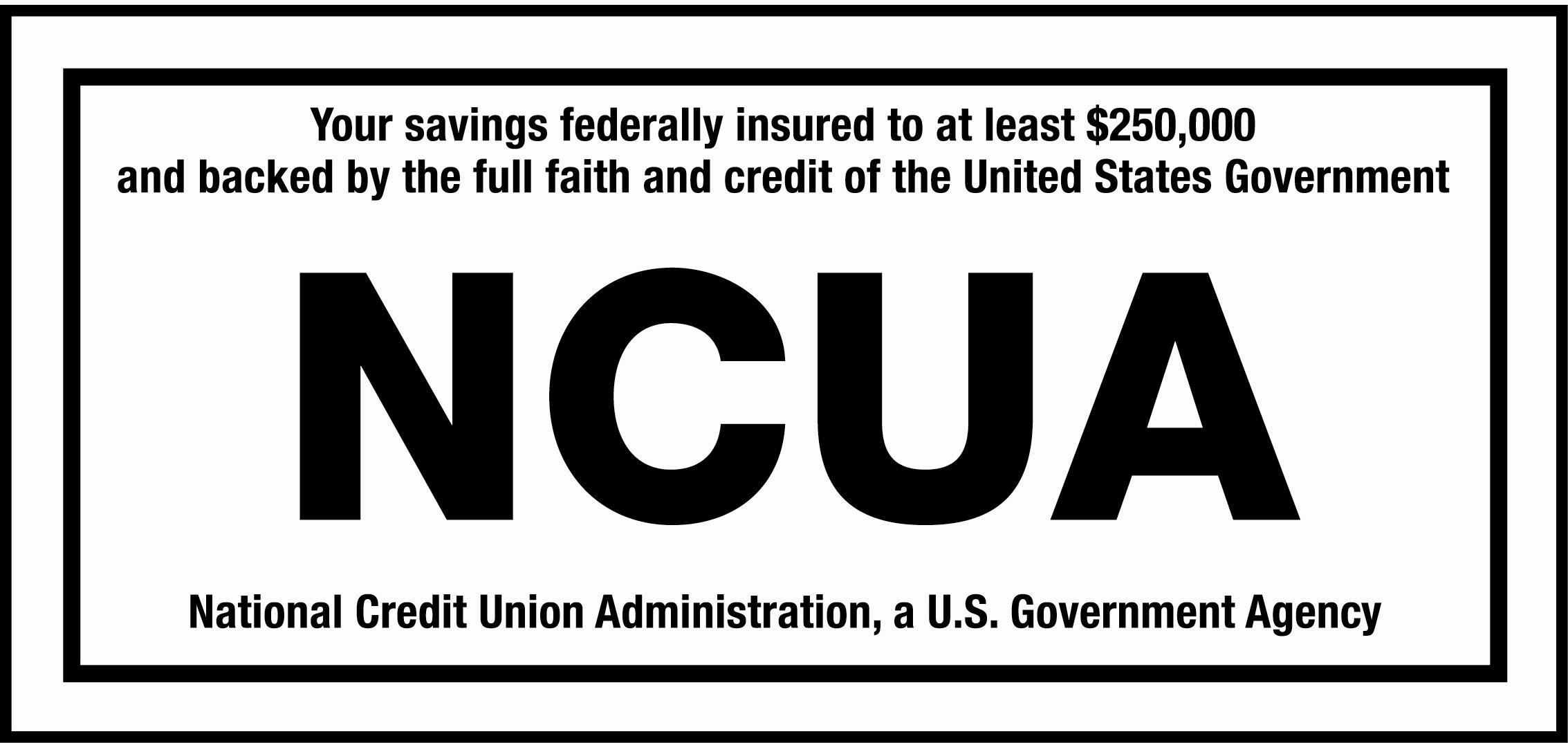All You Need to Know About Skip-a-Payment

Skip-a-payment is a program that gives members a chance to skip a monthly loan or credit card payment, penalty-free, during a tight financial season. Most credit unions offer it during the holidays and during the summer months.
Here’s what you need to know about skip-a-payment:
How skip-a-payment works
Depending on the credit union, skip-a-payment is available to qualifying members year-round or during select times of the year. The program is generally only allowed for loans with terms that are 12 months or longer, have been open at least nine months, and have a good payment history. Exact eligibility criteria vary by credit union.
Why choose skip-a-payment
The primary benefit of choosing to skip a payment is the extra cash flow. During an expensive time of year, members may be strapped for cash. Skipping a payment frees up funds for day-to-day expenses. Removing the financial stress also makes these times of year more enjoyable.
Disadvantages of skip-a-payment
It’s important to consider these points before choosing to skip a payment:
- Longer loan term. The monthly payment you skip now is moved to the end of the loan. This means you’ll pay off this loan one month later than planned.
- Accrued interest. While skipping a payment gives you a break from paying down the loan balance, interest still accrues and is tacked on to the end of the loan term. You’ll ultimately be paying more in overall interest over the life of the loan as a result.
What to know before skipping a payment
Know that many people fall out of the habit of making their monthly payments when they choose to skip just one payment. Payment history influences credit scores the most, putting you at risk of hurting your score if you skip a payment without your lender’s permission. Be sure to make your full payments next month.
Also, if you feel like you could use skip-a-payment every month, you may be in financial trouble. Speak to a Health Care Family Credit Union member representative for advice on money management, debt counseling, and budgeting tips.



